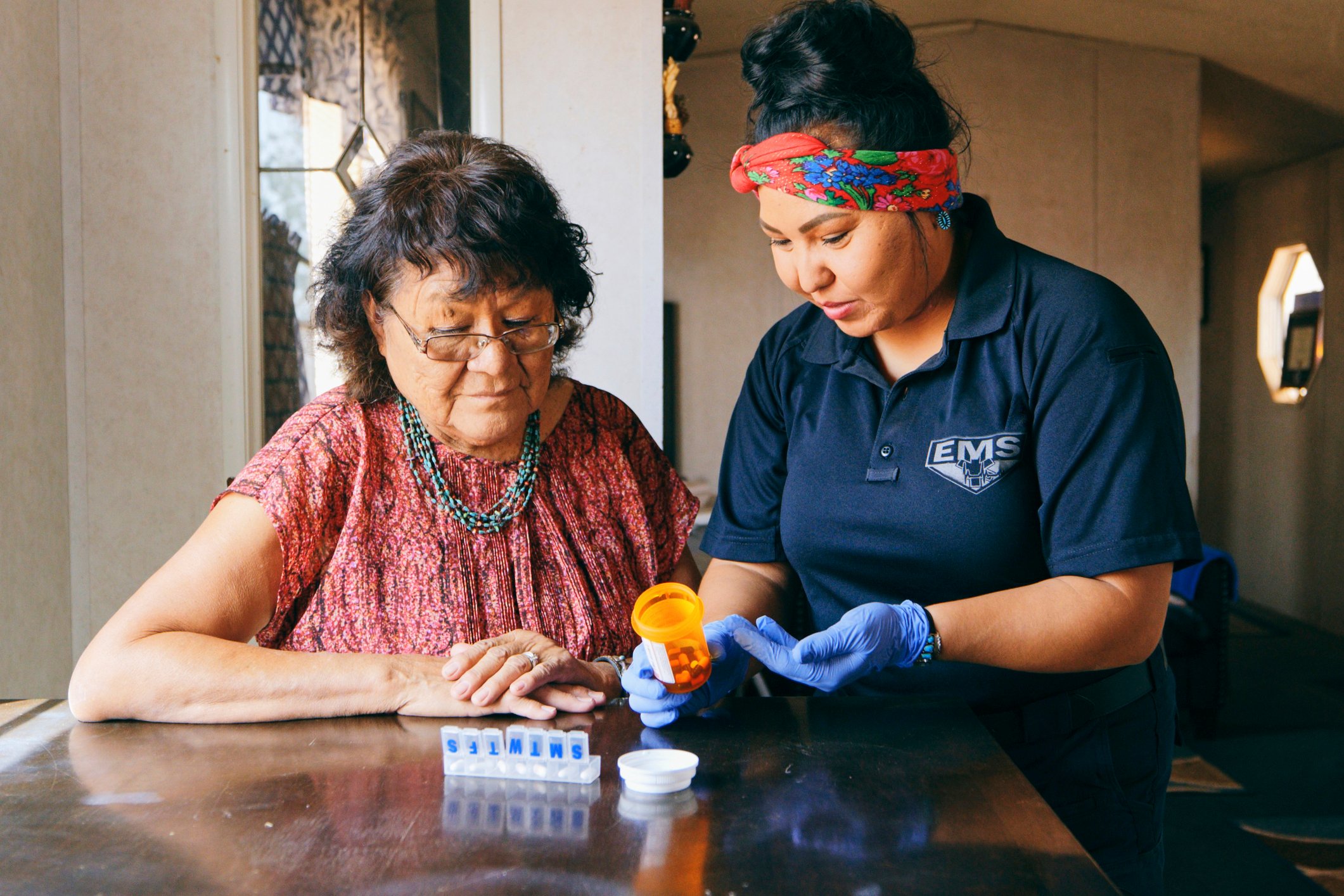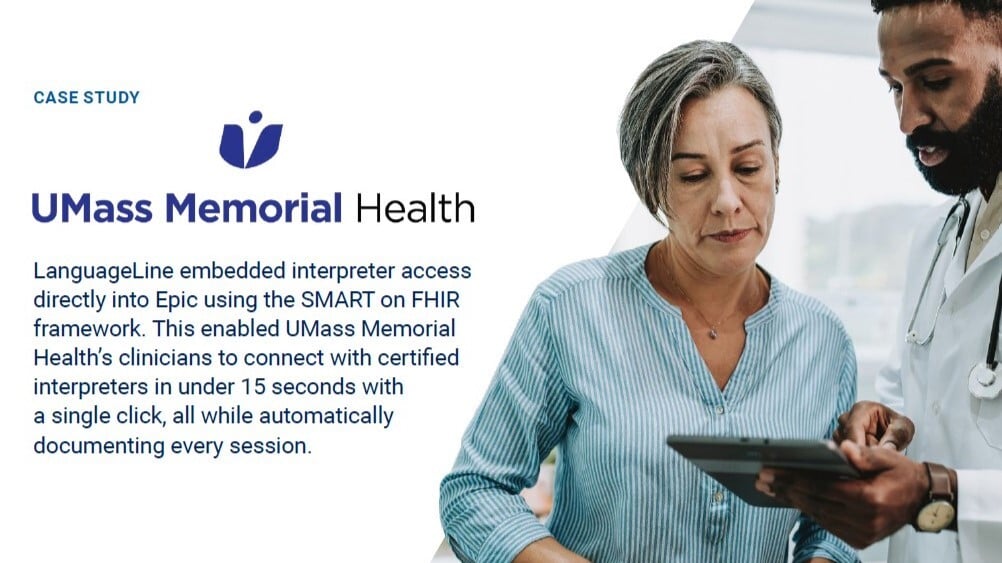Representatives from three of the country’s leading pediatric hospitals gathered to discuss their insights into successfully implementing Video Remote Interpreting (VRI).
Communication in a medical setting can be a challenge when both patient and provider speak the same language – but it's even tougher when they don’t.
This challenge is especially pronounced when it comes to treating children who are limited English speaking, Deaf, or Hard of Hearing.
With nearly 9 percent of the U.S. population considered limited English proficient, thousands of healthcare organizations have successfully implemented language access programs to ensure effective communication for their adult patients. But far fewer organizations have a solid understanding of best practices when working with pediatric patients and family members who require language assistance.
VRI is shifting this dynamic.
Representatives from three of the nation’s leading pediatric hospitals gathered to discuss how they are using video remote interpreting to address this issue. The panel for the webinar, titled "Video Interpreting for Pediatric Patients — Best Practices When Caring for Children," includes:
- Janet Giordano, MSW, LSW, Director of Patient Care Coordination & Patient Experience at Children’s Specialized Hospital
- Shannon Swope, MSS, LSW, Manager of Outpatient Care Coordination, Children’s Specialized Hospital
- Melina Kolbeck, Director of Language Access Services at Children’s Health System of Texas
- Sandy Habashy, Operations and Training Manager – Interpreter Services, Boston Children’s Hospital
Please click here to listen to the conversation among these esteemed experts.
LanguageLine® Can Help
We believe that being understood is empowering. For more than four decades, LanguageLine has provided interpretation and translation assistance to healthcare organizations, government agencies, and businesses to overcome language and cultural hurdles, with a particular specialization in video remote interpreting. Please contact us so that we can learn more about you and the particular language access challenges you are facing.





